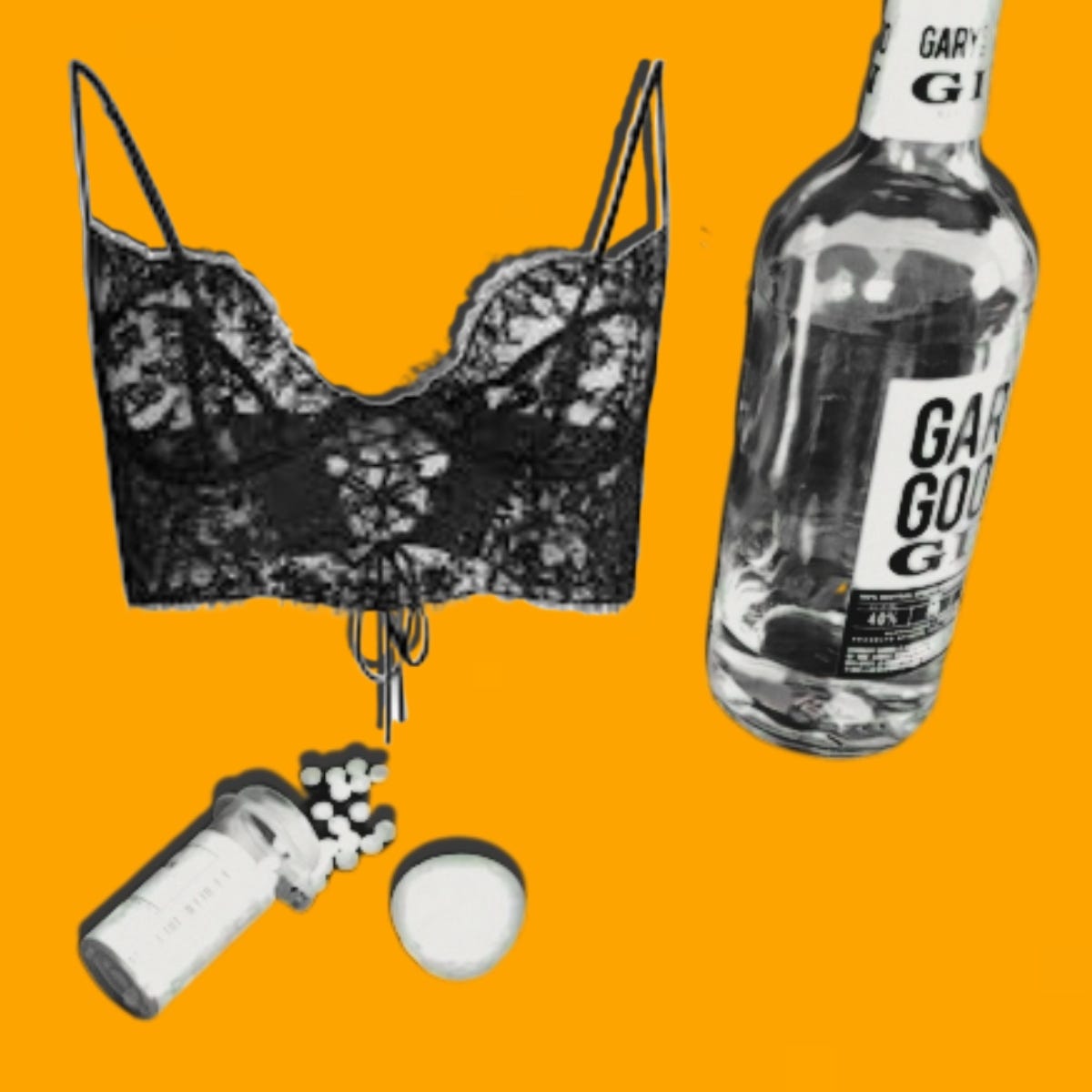As soon as I started talking to Martin Shkreli, a question clawed at my brain: Was he actually the child-like, eager nerd he seemed like in person, or was he some kind of dangerous sociopath, as so many armchair psychologists on the internet had hastily labeled him?
Sure, he ticked a fair number of the “antisocial personality disorder” boxes. He had deceived people for his own gain. He was bad at maintaining personal relationships. He was impulsive, promiscuous, and clearly had antagonism toward rules and authority. And he could be extremely self-absorbed.
But a lot of people, including doctors, lawyers, CEOs — and plenty of journalists I had met — could have checked many of those boxes, too. That didn’t make them candidates for a “Silence of the Lambs”-style straightjacket.
There was one additional talent Martin had that kept me wondering, though. He could make people feel things, often intensely. It might be rage, fondness, intrigue or revulsion, but whatever it was the emotion was never “neutral.” Although I was on guard for the possibility he was toying with me, I couldn’t help but feel things either. They formed a troublesome, conflicting brew.
Sometimes when I saw how much people joked about punching him, or kicking him, or cutting off his “organ,” or whatever on the internet, I was overwhelmed with sympathy and wanted to comfort him like a friend...or stand up for him. Sometimes when he lashed back at the “haters” with a particularly disturbing reply, I wanted to lecture him as if I were an older sister, and berate him for digging himself into a deeper hole.
Sometimes I wanted to attack him mercilessly in my work, and expose every shortcoming of his that I came across, because there were misdeeds done and he deserved to be held accountable. And sometimes against the full weight of my better judgment, and the myriad compelling reasons not to…I just wanted to f*ck him. The fantasy would flicker for an instant before I smashed it like a bug, and shoved it as far back into the dustbin of my mind as it would go.
Once, when I was standing in the Bloomberg Tower in 2016, a wave of this extremely forbidden lust struck me out of nowhere. I had just left a message with Martin’s secretary at Turing, and he was calling me back on my cell phone — barely a minute later — and was breathlessly eager to chat. He didn’t make any attempt to sound “tough” or “smooth.” His voice was clear, direct and utterly guileless. It sounded the way water looks in a pristine infinity pool: I wanted to swim in it.
Of course, I made no moves toward any such foolish thing. I hung up the phone, shoved the thought back into a dark mental corner, regained my composure, and went back to my desk.
But I did puzzle over where my emotions about him came from and what they meant. In my many years as a working journalist, I had come across plenty of sketchy and manipulative characters who tried all sorts of tactics, from schmoozing to brow-beating, to get me to do what they wanted. I was pretty good at calling them out and standing up to that stuff. Try as they might, they couldn’t really “get” to me.
With Martin, it was different. His “sincere, endearing dork” routine was so disarming I thought that either it had to be real, or it was a superhumanly brilliant ruse on the level of Keyser Soze in the “Usual Suspects.” I felt like I had to get to the bottom of that mystery.
One could run back and forth in the weeds forever over moderately sociopathic characteristics Martin displayed: Yes, he raised the price of a life-saving drug (by a lot!), but no, he didn’t intend to hurt patients; yes, he had lied to investors, but also he had worked like mad to make sure he paid the investors back; yes, he could be an arrogant jerk on the internet, but also he was always polite to waiters and service workers. And so on.
The best way to see if there was at least baseline decency at the core of a person, at least in my experience, was to look at whether they had empathy — and along with that, if they could show altruism. If a person is moved to do the right thing, when it offers them no benefit and in fact could open them up to risk of harm, that’s a pretty solid sign they are not malevolent. Right?
As luck would have it, I came across a wild and scandalous anecdote that allowed me to see if Martin would measure up. Shockingly, the anecdote has never made it into the tabloids, even though it had plenty of the right ingredients: Martin Shkreli, a luxury hotel room, two 20-year-old women, and a lot of booze and narcotics…













